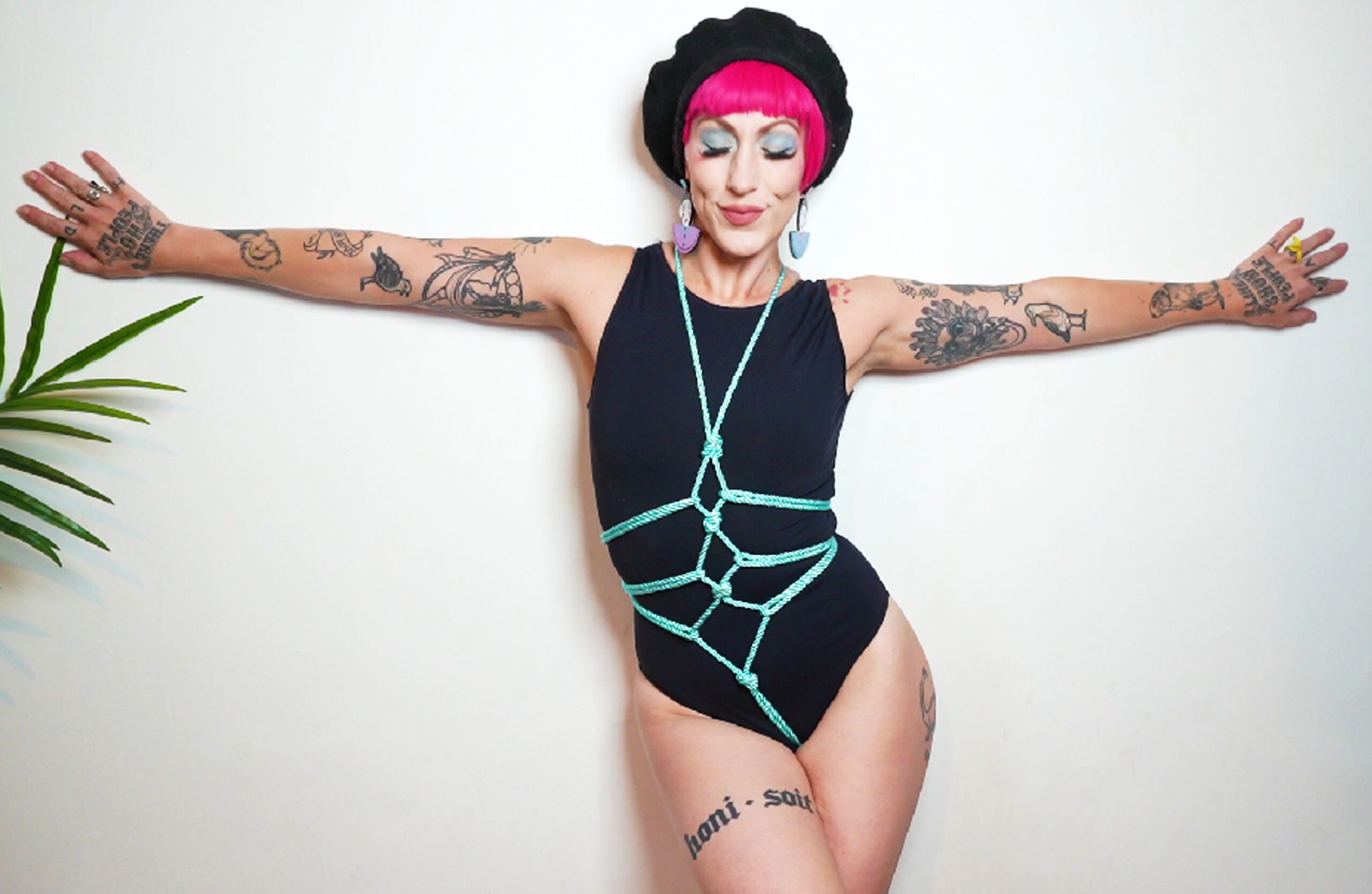Communication Struggles
Demigender individuals, who experience a partial or fluctuating connection to one or more genders, may face unique communication struggles within romantic relationships.
A key challenge stems from the complexity of expressing and navigating gender identity. Finding the right words to accurately describe their experiences can be difficult, both for themselves and for their partners.

Using language that is comfortable and affirming can be a constant process of learning and adjustment.
Misunderstandings can arise when partners struggle to grasp the nuances of demigender identities or inadvertently use language that feels invalidating.
For instance, assuming a demigender person’s gender based on their appearance or presentation can lead to discomfort and hurt feelings.

It is crucial for demigender individuals to communicate their needs and preferences clearly, while also being patient and understanding with partners who are learning about these concepts.
Open and honest conversations about gender identity, pronouns, and desired expressions of affection can help build a strong foundation of communication and intimacy.

Additionally, seeking support from communities or therapists specializing in LGBTQ+ issues can provide valuable guidance and resources for navigating these challenges.
Communication struggles are a common challenge for all couples, but they can be particularly acute for demigender individuals navigating romantic relationships. Demigender identities, encompassing a spectrum of gender experiences that fall partially within and partially outside of the binary, introduce complexities to communication around **gender**, **identity**, and relationship expectations**.
One key issue stems from *assumptions* made by both partners. A common assumption is that partners will automatically understand each other’s gender identity based on outward appearance or societal norms. This can lead to misunderstandings and hurt feelings when one partner’s internal experience doesn’t align with these assumptions.
For instance, a demigender individual who primarily identifies as male might be perceived as strictly masculine by their partner, leading to pressure to conform to traditional gender roles or expectations. Conversely, a partner might struggle to understand how to address their demigender loved one, using incorrect pronouns or misgendering them unintentionally.
Furthermore, *misinterpretations* can arise from differing understandings of relationship dynamics and intimacy. Demigender individuals may have unique needs and preferences related to **gender expression** and sexual orientation within their relationships. If these needs aren’t openly communicated and understood, they can lead to conflict and feelings of disconnect.
It’s crucial for demigender individuals to advocate for their needs and communicate their experiences clearly and respectfully. This might involve explaining their gender identity, outlining their comfort levels with different forms of intimacy, and setting boundaries around language and behavior.
Similarly, partners need to actively listen, ask clarifying questions, and be willing to learn about their demigender loved one’s unique perspective. Building empathy and understanding through open and honest dialogue is essential for fostering a healthy and fulfilling relationship.
Navigating Societal Expectations
Navigating societal expectations can be a complex and often challenging experience for anyone, especially for individuals who identify as demigender. Demigenders, who experience their gender identity as partially aligning with one or more genders, often face unique pressures to conform to traditional binary notions of masculinity and femininity.
Romantic relationships present a particular arena where societal expectations can intersect with an individual’s gender identity in profound ways. Partnerships are often envisioned as a space where two individuals from distinct genders come together, reinforcing the idea that gender binaries are fundamental to romantic attraction and connection.
For demigender individuals, this binary framework can create dissonance and internal conflict. They may experience pressure from both within and outside their relationships to conform to expectations based on perceived gender roles or societal norms surrounding how demigenders “should” behave in a romantic context.
This pressure can manifest in various ways: partners might make assumptions about their interests, hobbies, or even their emotional expressions based solely on their perceived gender. Family and friends might offer unsolicited advice or express confusion regarding the individual’s identity, leading to feelings of isolation or invalidity.
Furthermore, societal expectations often influence the way demigender individuals are treated by potential partners. They may encounter prejudice, misunderstanding, or even outright rejection based on their non-binary identity. Finding a partner who is both understanding and accepting of their unique experiences can be a significant challenge.
It is crucial for demigender individuals to remember that they are not obligated to conform to any external pressures or expectations. Their gender identity is valid and deserves to be celebrated, regardless of societal norms. Open communication with partners about their needs and boundaries is essential for fostering a healthy and supportive relationship.
Seeking out communities or support groups where demigender individuals can connect with others who share similar experiences can also provide valuable validation and understanding. Ultimately, navigating societal expectations in romantic relationships requires self-awareness, assertiveness, and the courage to live authentically.
Navigating societal expectations surrounding gender and relationships can be particularly complex for demigender individuals. Societal norms often rigidly define gender roles and relationship structures, creating a framework that may not easily accommodate the fluidity of demigender identities.
Limited representation of demigender people in media and culture further exacerbates these challenges. The lack of visible role models and narratives can lead to feelings of isolation and invisibility, making it harder for demigender individuals to understand their own experiences and find validation.
Furthermore, societal assumptions about gender and attraction can create misunderstandings and conflict in romantic relationships. For example, a demigender bdsm name calling person may face pressure from others to conform to traditional gender expectations within a relationship, even if those expectations don’t align with their identity or comfort levels.
The lack of understanding surrounding demigender identities can also lead to questions and assumptions from potential partners. This can create an added layer of complexity in navigating romantic connections, as demigender individuals may need to invest extra time and energy in educating others about their experiences and needs.
Ultimately, finding fulfilling romantic relationships requires open communication, empathy, and a willingness to challenge societal norms. Demigender individuals seeking connection should prioritize partners who are respectful, understanding, and willing to learn and adapt.
Building Trust and Intimacy
Building trust and intimacy can be especially challenging for demigender individuals navigating romantic relationships. Demigender identities often involve a complex understanding of gender that may not align with traditional societal norms, leading to potential misunderstandings and insecurities within a partnership.
Validation plays a crucial role in fostering both trust and intimacy. Demigender individuals need to feel seen, heard, and understood by their partners regarding their unique gender experiences. This means actively listening to their perspectives on their identity, respecting their chosen pronouns and names, and acknowledging the validity of their feelings.
When a partner consistently validates a demigender person’s identity, it creates a safe space for vulnerability and openness. It demonstrates that the relationship is built on acceptance and respect, which are essential foundations for intimacy to flourish.
Conversely, a lack of validation can have damaging consequences. If a partner dismisses or minimizes a demigender person’s gender identity, it can lead to feelings of invalidation, isolation, and emotional distance. This can erode trust and make it difficult to build a strong, intimate connection.
Open communication is key to addressing these challenges. Demigender individuals should feel comfortable discussing their needs and expectations with their partners. Equally, partners should be willing to learn about demigender experiences and actively work to create an affirming and supportive environment.
Building trust and intimacy requires patience, understanding, and a commitment to continuous growth. By prioritizing validation and open communication, demigender individuals and their partners can navigate the complexities of relationships and build strong, fulfilling connections based on mutual respect and acceptance.
Building trust and intimacy in any relationship is a delicate dance, but for demigender individuals, it can be fraught with unique complexities. Demigender identities, often falling outside rigid gender binaries, introduce layers of nuance that require open communication, understanding, and acceptance from both partners.
One major challenge arises from the fear of rejection. Demigender individuals may worry about being misunderstood or not accepted for who they are, leading to hesitation in disclosing their identity or expressing their needs and desires. This fear can create a barrier to vulnerability, essential for forging genuine intimacy.
Discomfort with language and labels can also pose a hurdle. Traditional relationship narratives often rely on gendered assumptions that may not resonate with demigender individuals. Finding the right words to describe one’s identity, feelings, and experiences can be challenging, potentially leading to miscommunication or frustration.
Navigating these challenges requires patience, empathy, and a willingness to learn. Partners need to create a safe space where open dialogue about gender identity is encouraged. Active listening, validation of emotions, and a genuine desire to understand the other’s perspective are crucial for building trust.
It’s important to remember that intimacy isn’t solely defined by physical connection. Emotional intimacy, built on shared experiences, vulnerability, and mutual respect, is equally vital. Demigender individuals may find comfort in connecting with partners who embrace their fluidity and celebrate their authentic selves.
Ultimately, building trust and intimacy requires a commitment to continuous communication and growth. Partners should be willing to adapt, learn, and evolve alongside each other, fostering a relationship that is both fulfilling and respectful of individual identities.
Discover this full post here
Explore the full discussion
- Nasolabial Fold Fillers – Marionette Lines Near Tolworth, Surrey - June 3, 2025
- Why Is My Lip Filler Hard - June 3, 2025
- Why Vista Edge Vape Is Trending Among Tech-Savvy Vapers - June 1, 2025